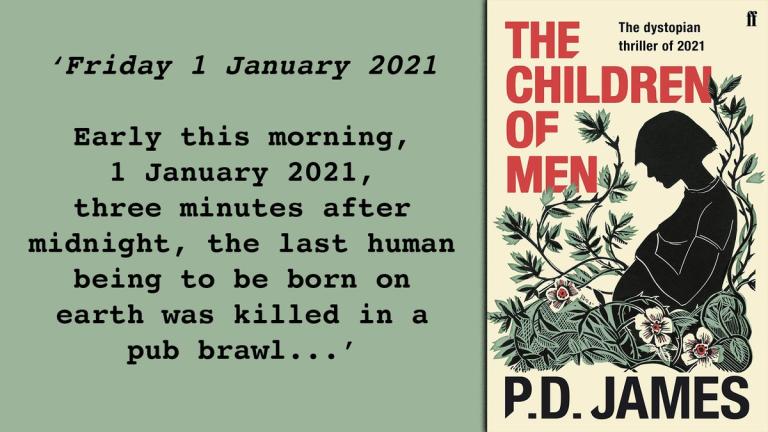
The birth rate in the United States is in decline. That shouldn’t be too surprising. Fewer couples are choosing to get married, and of those who do, an increasing number are deciding not to have children. More women are prioritizing their careers over motherhood. Contraceptives are everywhere, and, despite the overturning of Roe v. Wade, abortion has become socially acceptable. We might lament the decline in the number of children being born and worry about what that might mean for America’s future, but we shouldn’t be surprised.
But digging into the data turns up quite a few surprises. Indeed, mysteries.
Demographers Melissa Kearney, Phillip Levine and Luke Pardue have conducted research and published a report entitled The Mystery of the Declining U.S. Birth Rate. They note that the U.S. birth rate had been relatively stable for the last three decades, with between 65 and 70 births per 1,000 women of childbearing age, going down a little during economic bad times and recovering when the economy improved. Ever since 2007, though, the year of the “Great Recession,” the birth rate has been going down without recovering. In 2020, the birth rate was 55.8, which comes to a fertility rate of 1.779 children per woman, below the population replacement rate.
But here is what they found: “The U.S. birth rate has fallen by 20% since 2007.” Furthermore, “This decline cannot be explained by demographic, economic, or policy changes.”
The obvious factors were already in place by 2007. The drop is across all demographics. Economic improvement made no difference. The mystery is, what changed in 2007? The researchers couldn’t find anything tangible. They do speculate that a broad based shift in values must have taken place. As they say in the abstract of their scholarly publication, “We conjecture that the ‘shifting priorities’ of more recent cohorts, reflecting changes in preferences for having children, aspirations for life, and parenting norms, may be responsible.”
But much of the world, across cultures, is also seeing a “
baby shortfall.” Now research has uncovered an exceedingly weird phenomenon.
The sperm count of men around the world has been plummeting! The
Guardian (UK) reports on a series of studies that found that the average sperm count of men in Europe, Australia, and the United States was 101.2 million per milliliter in 1973, but has fallen to 49.0 in 2018. This is a drop of more than half (51.6%)! When sperm concentration falls below 40, says the article, “fertility is compromised.”
Follow-up studies found similar declines in Asia, Africa, Central America, and South America. Not only that, the decline is accelerating. In the original study with 2018 numbers, the decline was 1.16% per year. But since 2000, the decline has been 2.64% per year.
What can account for this? We might think of chemicals in the environment or other effects of modern technology. But we are also seeing these declines in non-industrialized nations. I suppose divine judgment wouldn’t count as a scientific explanation.
To be sure, these are averages, which means that many are above but also that there are many below. It only takes one sperm to conceive a child, so the human race is not in imminent danger of extinction. But if we extrapolate these numbers with a computer model–as in the study of climate change–we will indeed be doomed.
Yesterday we blogged about the official advocacy of suicide. Putting these topics together calls to mind P. D. James’ novel The Children of Men. James, known best for her extremely well-written mystery novels, was a Christian. In this novel, she writes a science fiction dystopia, about a time when the human race has lost its ability to reproduce, and, in the consequent mood of hopelessness and despair, is busy euthanizing itself. And then, mysteriously, a baby is born! You may have seen the movie, which was turned into a rather mediocre thriller, but the book is a true pro-life novel of ideas, showing what it would be like and what it would mean once we fully reject having children.
Illustration: From the bookstore Waterstone’s Twitter account.













